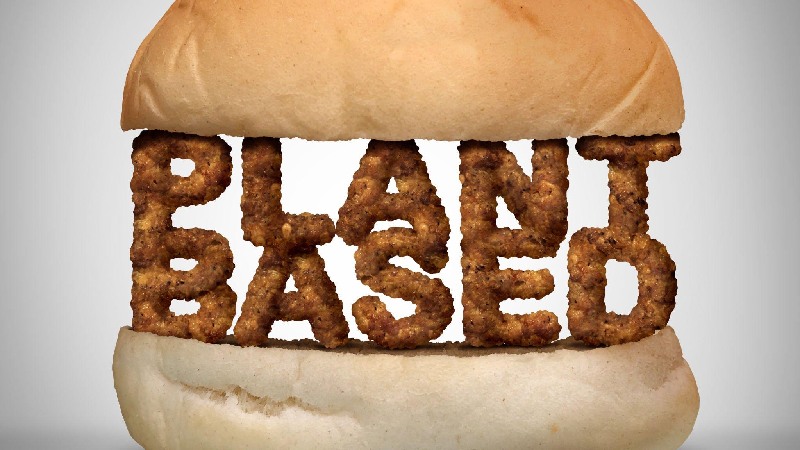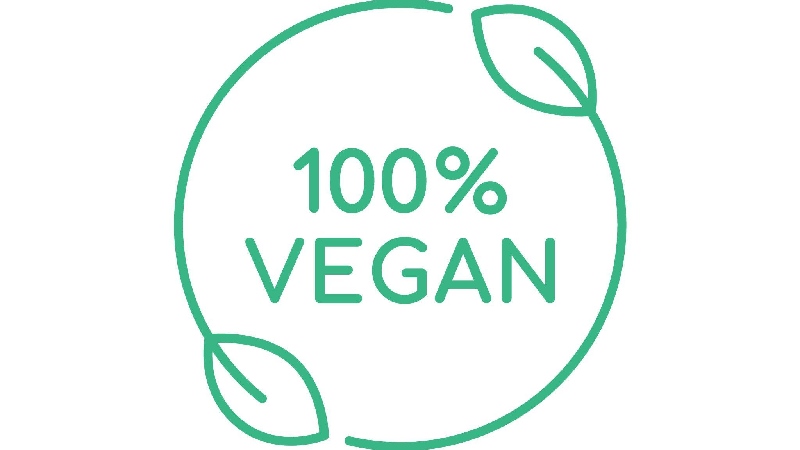Vegan Write For Us – A vegan (strict vegetarian) does not consume meat, dairy products, eggs, honey, or any product derived from an animal. A vegan diet can (and should) contain various delicious and nutritious foods, including vegetables, grains, nuts, legumes, seeds, and fruits. Vegans do not wear leather, fur, silk, or wool. Many refuse to use products made with animal ingredients, products filtered with animal parts (such as some white wines, beers, and sugars), and products tested on animals.
The Vegan Diet
A diet is based on plants (such as vegetables, grains, nuts, and fruits) and plant-based foods.
They do not eat foods that come from animals, including dairy products and eggs.
Eat Healthy as a Vegan
 You can get the nutrients you need with a varied and balanced vegan diet, it includes fortified foods and supplements.
You can get the nutrients you need with a varied and balanced vegan diet, it includes fortified foods and supplements.
A healthy diet for Vegans:
- Foremost, eat at least five servings of a variety of fruits and vegetables each day
- meals based on potatoes, bread, rice, pasta, or other starchy carbohydrates (choose whole grains if possible)
- have fortified dairy alternatives, such as soy drinks and yoghurts (choose options that are low in fat and sugar).
- eat beans, legumes, and other proteins
- Take nuts and seeds rich in omega-3 fatty acids (such as walnuts) every day
- Select unsaturated oils and spreads, and also eat the m in small amounts.
- having fortified foods or supplements with nutrients that are tougher to obtain on a vegan diet, it includes vitamin D, vitamin B12, selenium, calcium, iodine and iron
- Always drink amply of liquids
If you include foods and beverages high in fat, salt, or sugar, eat them less often and in small amounts.
Pregnant or lactating vegans
During pregnancy and lactation, if you follow a vegan diet, you must ensure you have enough vitamins and minerals for your child to grow and develop healthily.
If you’re raising your baby or toddler on a vegan diet, you want to ensure they eat a wide variety of foods to give them the energy and vitamins they need to grow.
Vegan Sources of Calcium and Vitamin D
Calcium is necessary to maintain healthy bones and teeth.
Non-vegans get most of their calcium from dairy products (milk, cheese, and yoghurt), but vegans can get it from other foods.
Good sources of calcium for vegans include:
- All green leafy vegetables such as broccoli, cabbage, and okra, but not spinach (spinach contains high levels of calcium, but the body cannot digest all of it)
- Fortified unsweetened soy, pea, and oat beverages
- calcium tofu
- sesame seeds and tahini
- pulses
- whole wheat and white bread (in the UK, calcium is added to white and whole wheat flour by law)
- The dried fruits, such as raisins, prunes, figs, and dried apricots
A 30g serving of dry fruit counts as 1 of your 5 A-days but should be eaten with meals, not as a between-meal snack, to reduce the effect of sugar on your teeth.
The body needs vitamin D to control the amount of calcium and phosphate in the body. These nutrients help keep bones, teeth, and muscles strong.
Vegan Sources of Iron
Thus, Iron is an essential nutrient for the production of red blood cells.
A vegan diet can be rich in iron, although the body absorbs less iron from plant-based foods than meat.
Good sources of iron for vegans are:
- pulses
- whole wheat bread and flour
- iron-fortified breakfast cereals
- dark green leafy vegetables, such as broccoli, spring greens, watercress
- walnuts
- dried fruit, such as apricots, prunes, and figs
Vegan Sources of Vitamin B12
The human body needs vitamin B12 to maintain healthy blood and a strong nervous system.
Several people get vitamin B12 from animal sources, such as meat, fish, and dairy products. Vegan sources are limited and a vitamin B12 supplement may be needed.
Sources of vitamin B12 for vegans include:
- B12-fortified breakfast cereals
- unsweetened soy drinks fortified with vitamin B12
- yeast extracts, such as marmite and vitamin B12-enriched nutritional yeast flakes
Vegan Sources of Omega-3 Fatty Acids
Omega-3 fatty acids is primarily found in oily fish, can help support a healthy heart and reduce the risk of cardio/heart disease when eaten as part of a healthy diet.
Signs suggest that plant sources of omega-3 fatty acids may not have the same heart disease risk-reducing benefits as oily fish. But you can help ensure a balanced diet by eating plant sources rich in omega-3 fatty acids.
Omega-3 fatty acids for vegans include:
- ground linseed oil (linseed)
- vegetable oil (rapeseed)
- chia seeds
- shelled hemp seeds
- nut
You can also take care of your heart by eating at least five servings of a variety of fruits and vegetables every day, and, eating plenty of fibre, reducing your intake of foods high in saturated fat, and watching your salt intake.
How to Submit Your Articles?
To Write for Us, you can e-mail us at contact@royalbeautyblog.com
Why Write for Royal Beauty Blog – Vegan Write For Us
 Search Terms for Vegan Write For Us
Search Terms for Vegan Write For Us
vegan food list
what do vegans eat
vegan products
do vegans eat fish
vegan lifestyle
is a vegan diet healthy
how to pronounce vegan
vegan meaning in Hindi
do vegans eat fish
vegan food list for beginners
vegan vs vegetarian
popular vegan foods
do vegans eat eggs
is vegan food healthy
what can’t vegans drink
vegan diet for beginners
Related Terms of Vegan Write For Us
animal product
dietary fibre
magnesium
folic acid
vitamin C
vitamin E
iron
dietary energy
saturated fat
cholesterol
omega-3 fatty acid
vitamin D
calcium
zinc
vitamin B12
Guidelines of the Article – Vegan Write For Us
 Contact us
Contact us
You can contact us using our email id for all your publication needs at contact@royalbeautyblog.com.


